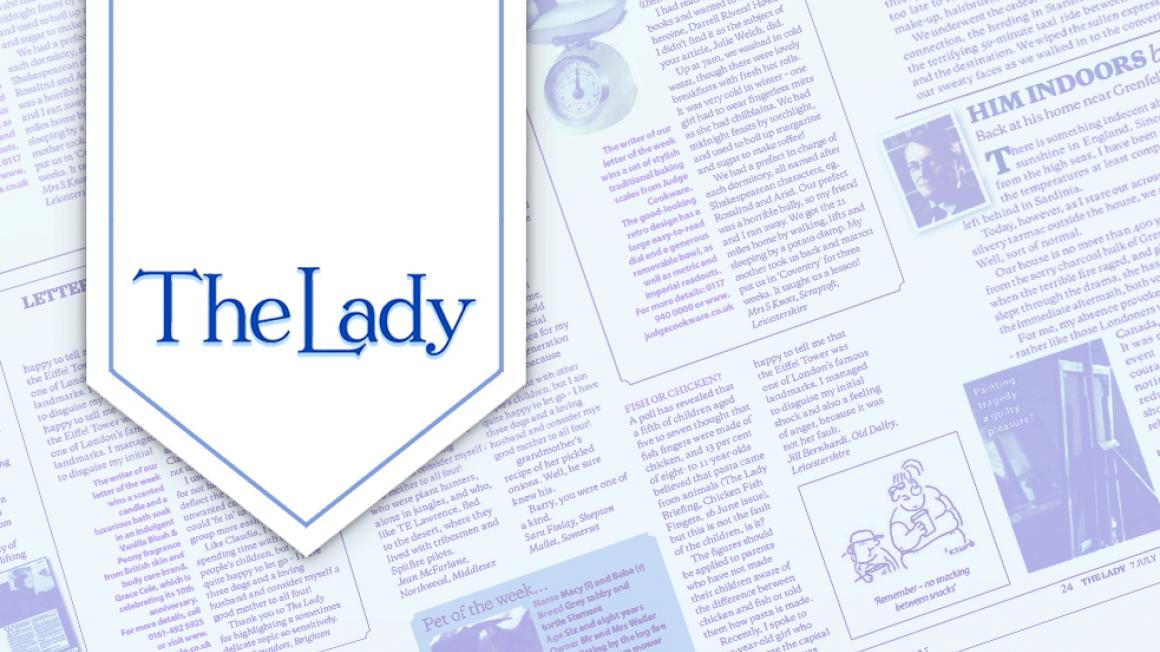Get In On the Auction
Guide prices can, however, fall shy of the final sales price, depending on the interest displayed on the day and any offers received in the run up to the sale, so keeping your budget in mind when the bidding one-upmanship gathers pace in the auction room is vital.
Most auction houses hold sales throughout the year and will post dates in the local paper but you can also get advance notice of UK wide sales by registering with the property auction information service website run by the Essential Information Group www.eigroup.co.uk.
If a particular property catches your eye, the next step is to appoint a solicitor to check the document pack relating to your lot. This includes the basic searches but no in-depth survey or valuation. View the property several times prior to auction and have a structural survey undertaken, if it’s an older home. Sound out local agents and see what similar properties are going for and then talk to your bank. Your lender must also be aware of and able to meet the strict auction deadlines by giving you an offer of a mortgage before the sale. If you can’t secure this in time, don’t bid.
On auction day, try and resist the temptation to open the bidding on your lot, as this can push up the price – wait for someone else to start the ball rolling. If you’re the last and highest bidder when the auctioneer’s hammer falls, then the property’s yours. At this point you’re legally committed to paying the price you bid and completing the sale, with the same legal implications as a signed contract.
You can expect to pay 10% of the cost of the property before you leave the auction and settle the balance within 28 days. As speedy a process as it is, buying at auction doesn’t exempt you from any of the normal purchase fees, including stamp duty. The auctioneer will also require a buyer’s premium equivalent to 1.5% of the sale price, with an administration fee, typically in the region of £150-£200.
Henderson's handy hints!
1. Get a feel for the auction process by sitting in on a few
2. Getting cold feet after a bid has been accepted can cost your dearly – you not only stand to lose your deposit, you also risk being taken to court by the vendor and forced to pay their expenses and the difference in the price if they eventually end up selling their place for less
3. Don’t give up hope if the property you’re after fails to reach its reserve price and goes unsold. If your bid is close enough, the vendor may decide to accept your offer post-auction
Tricks and Mortar: The Little Book of Property Wisdom by Laura Henderson is out now.



